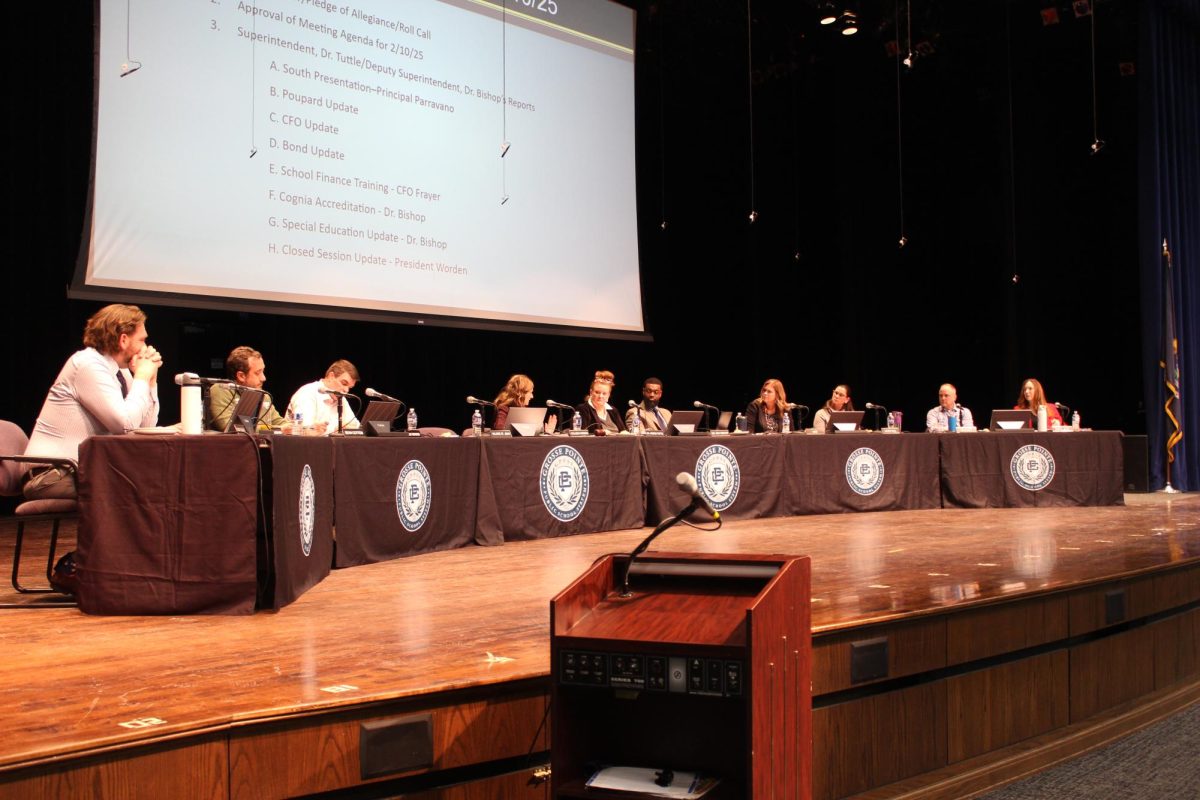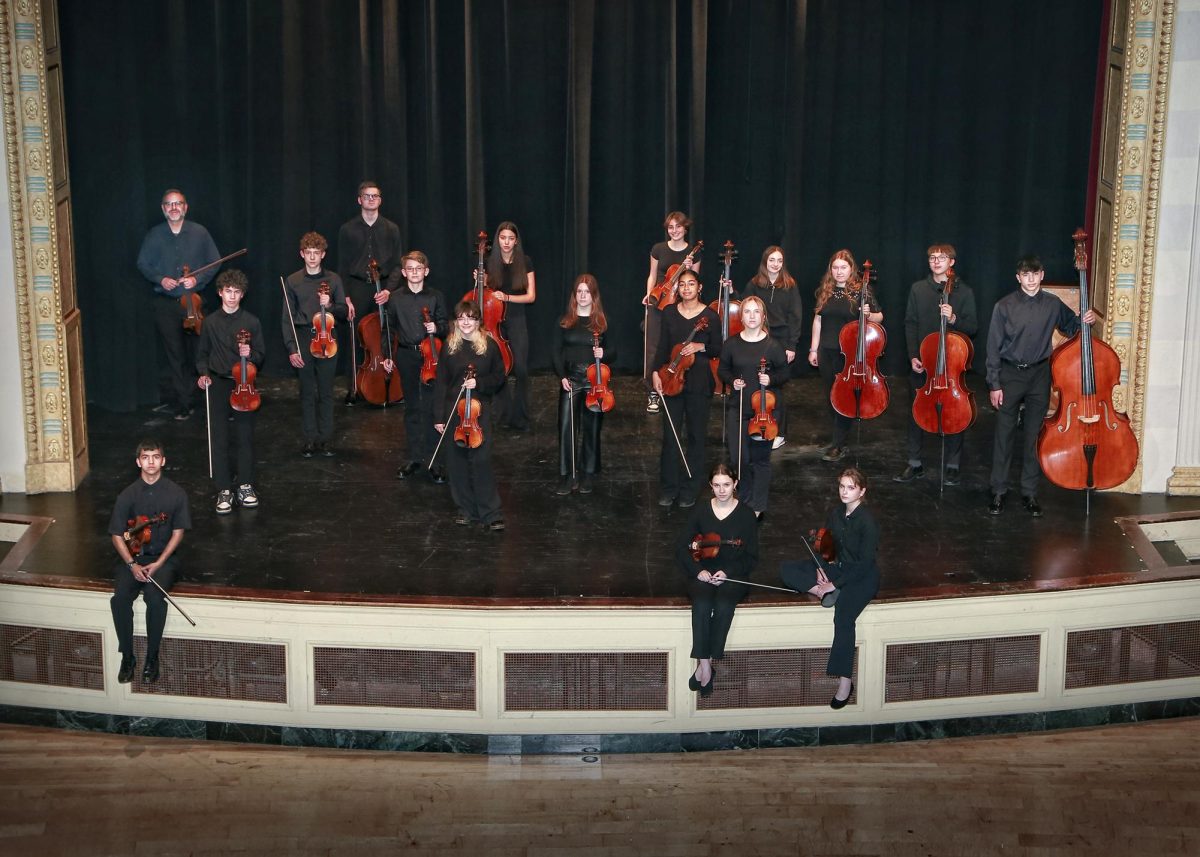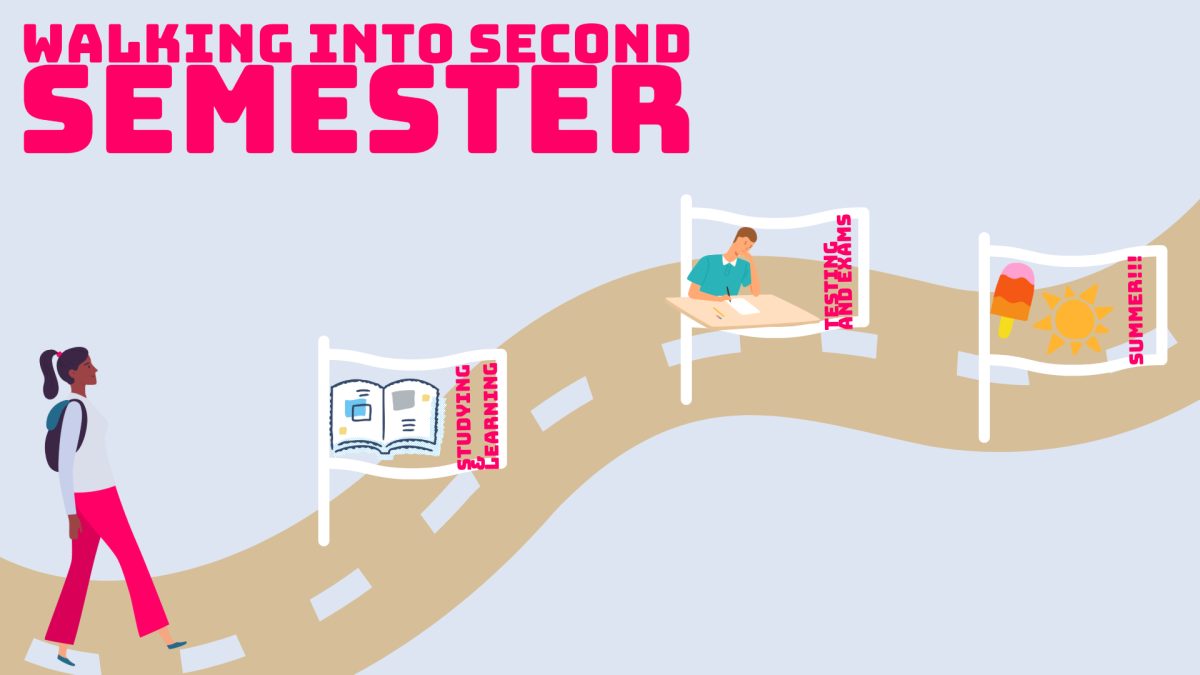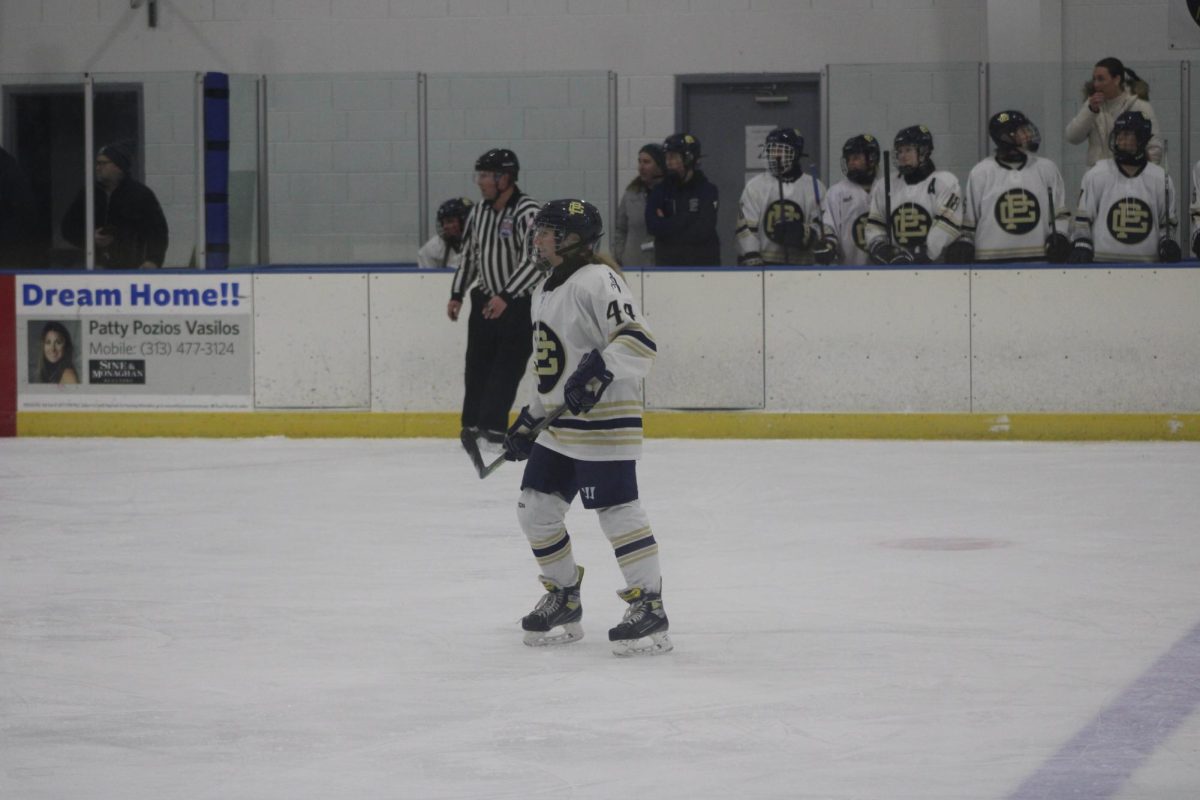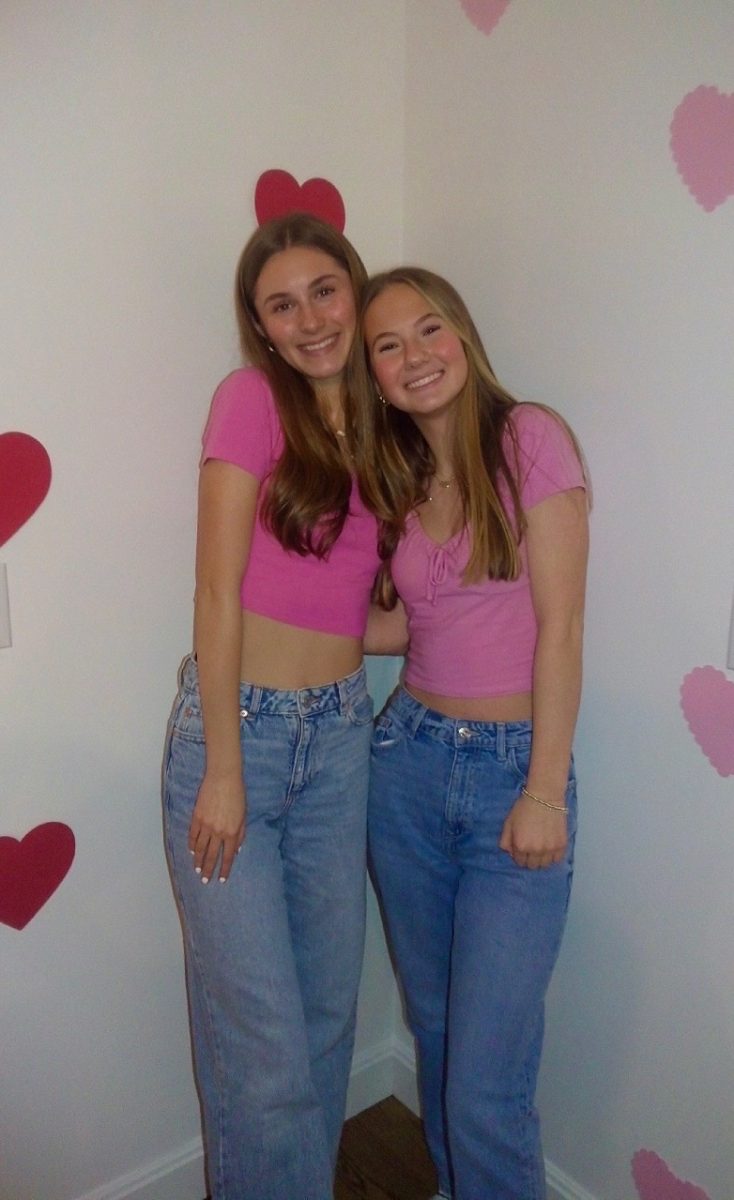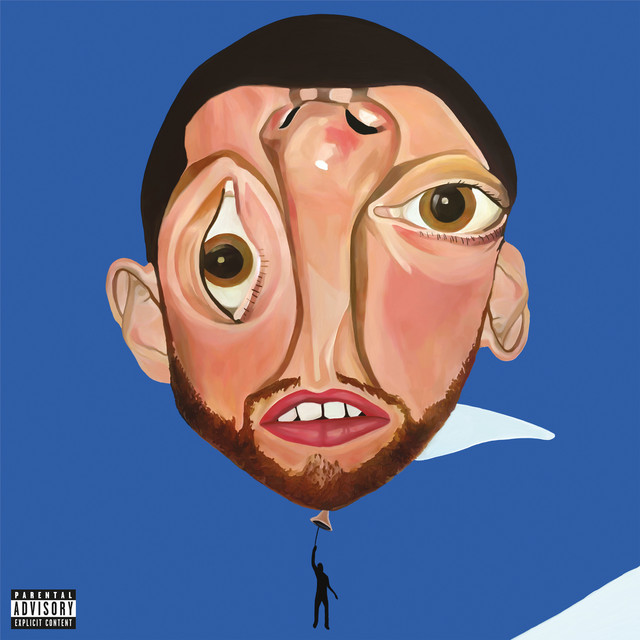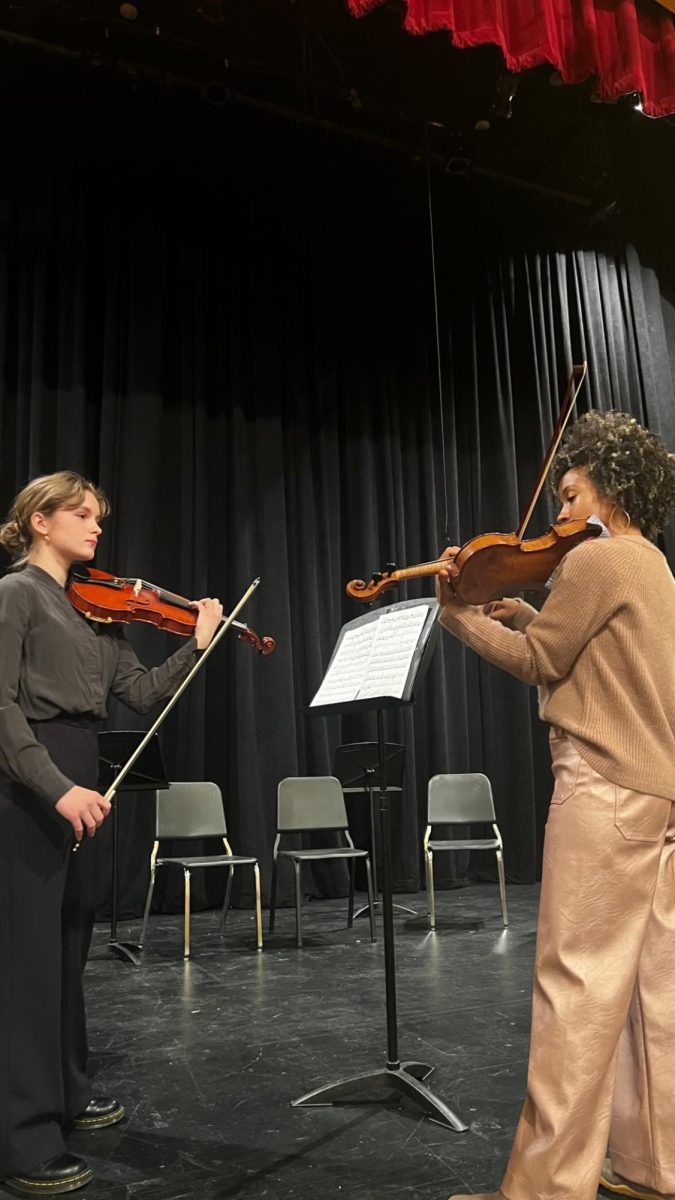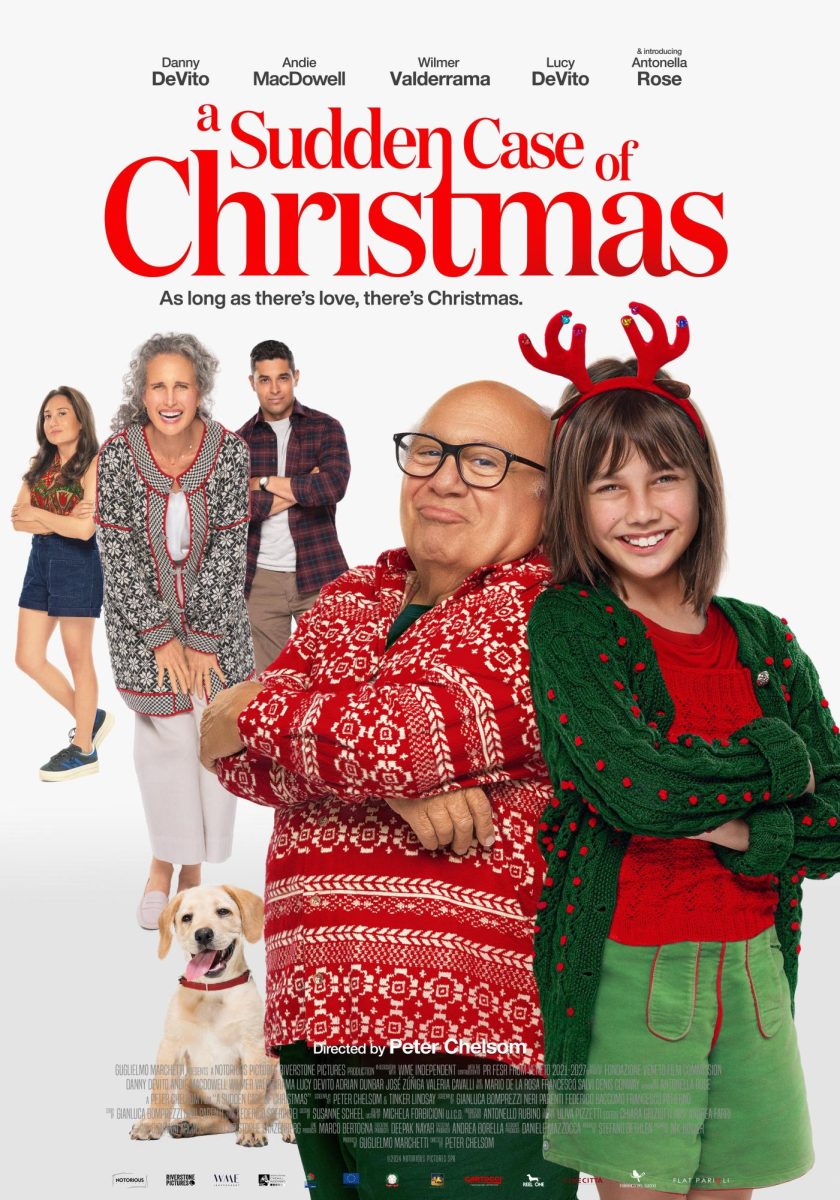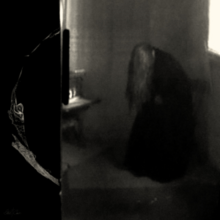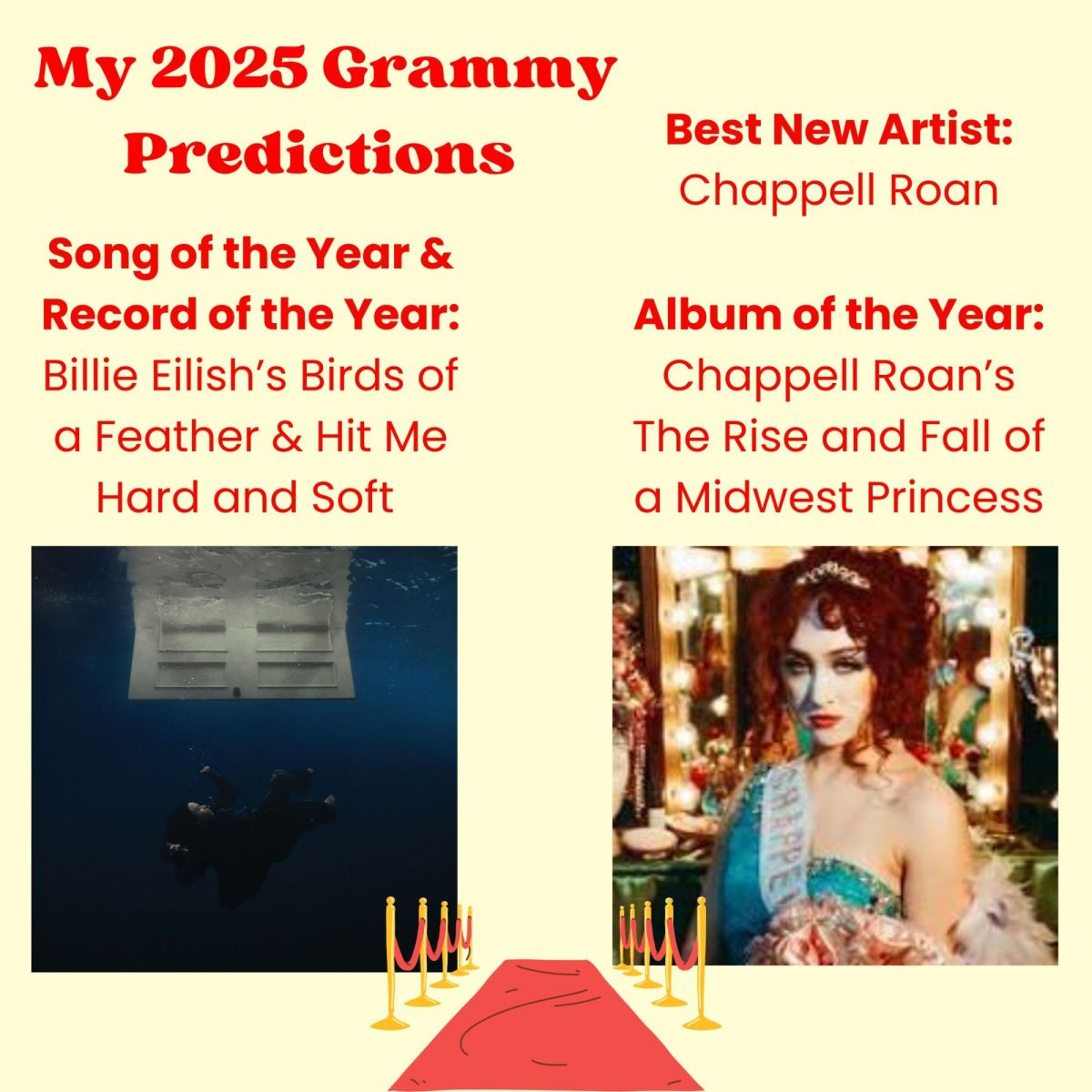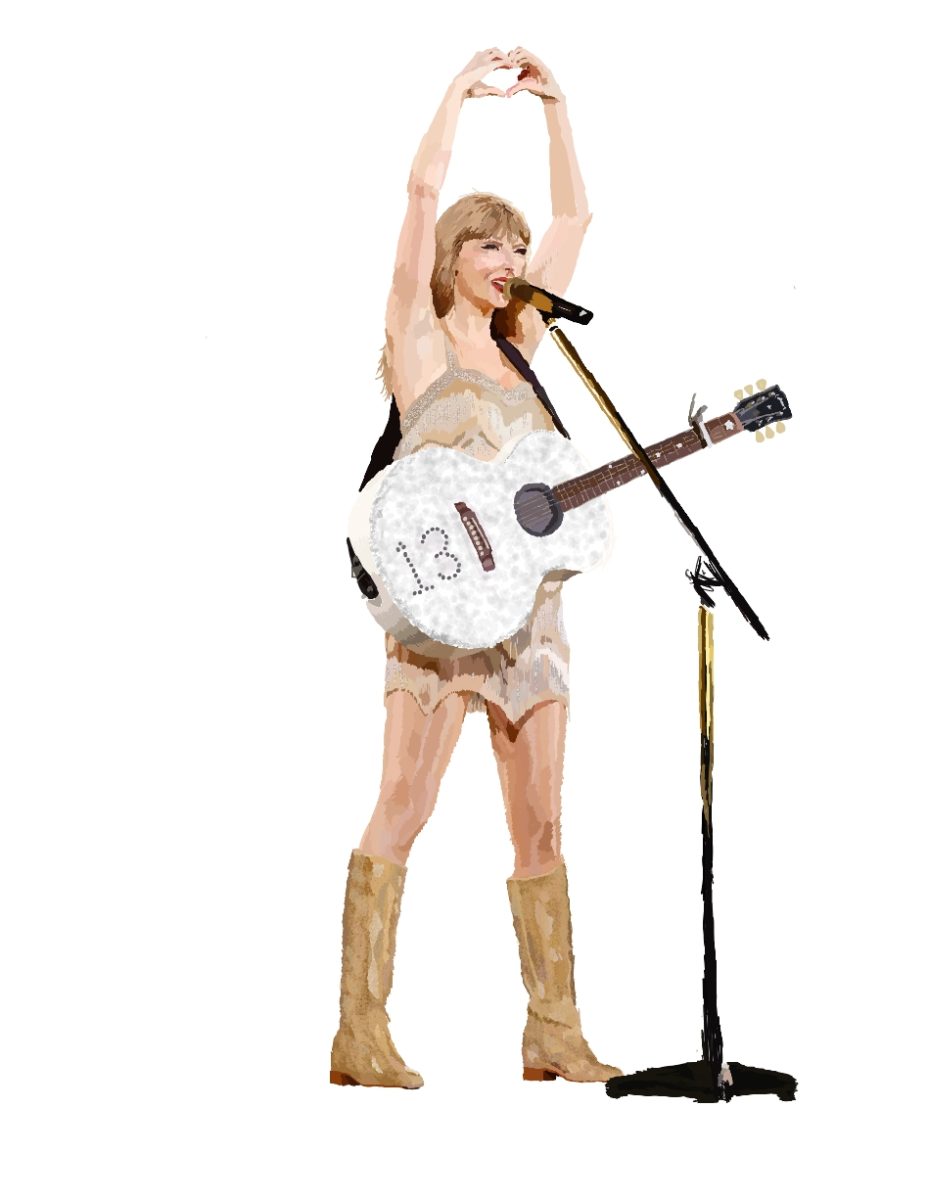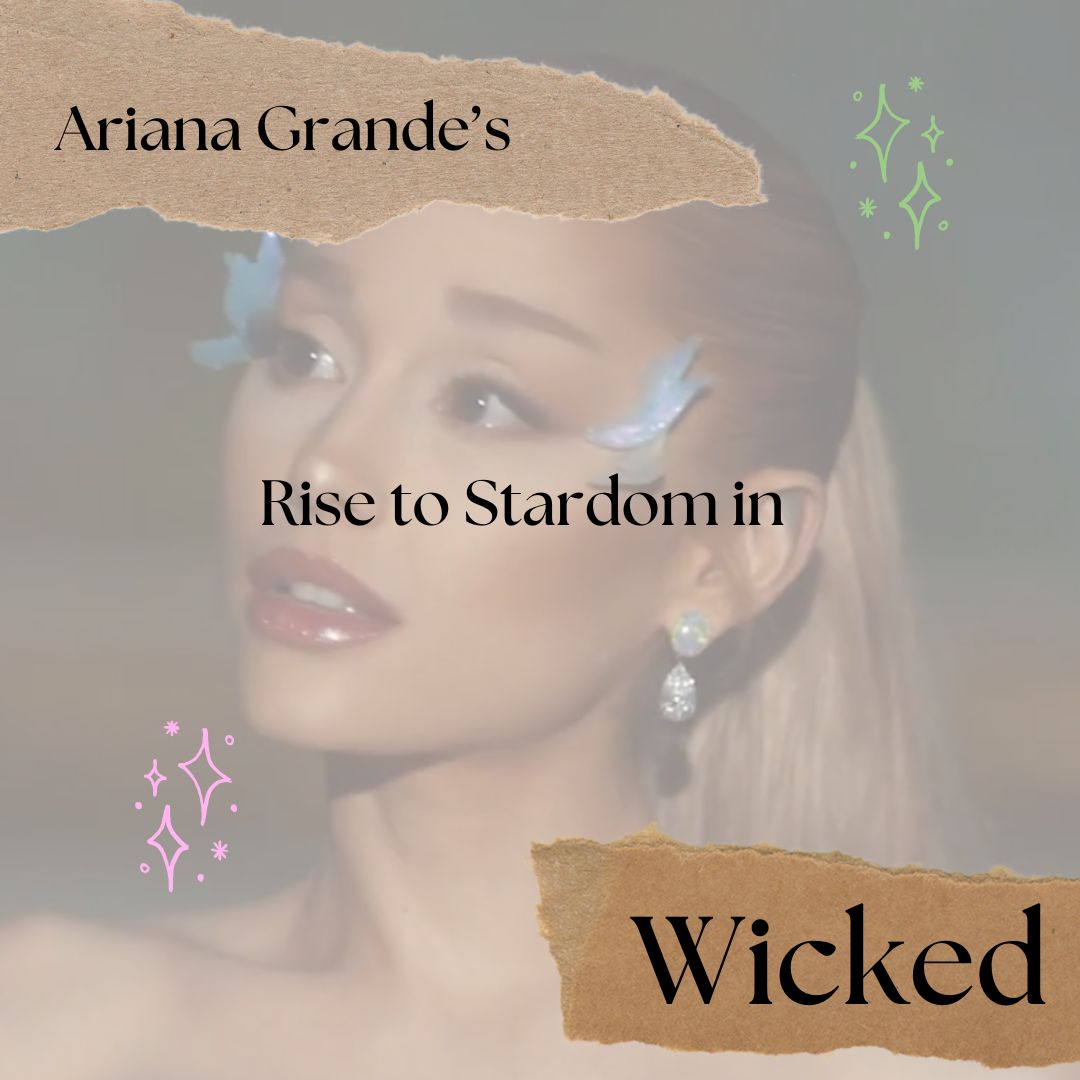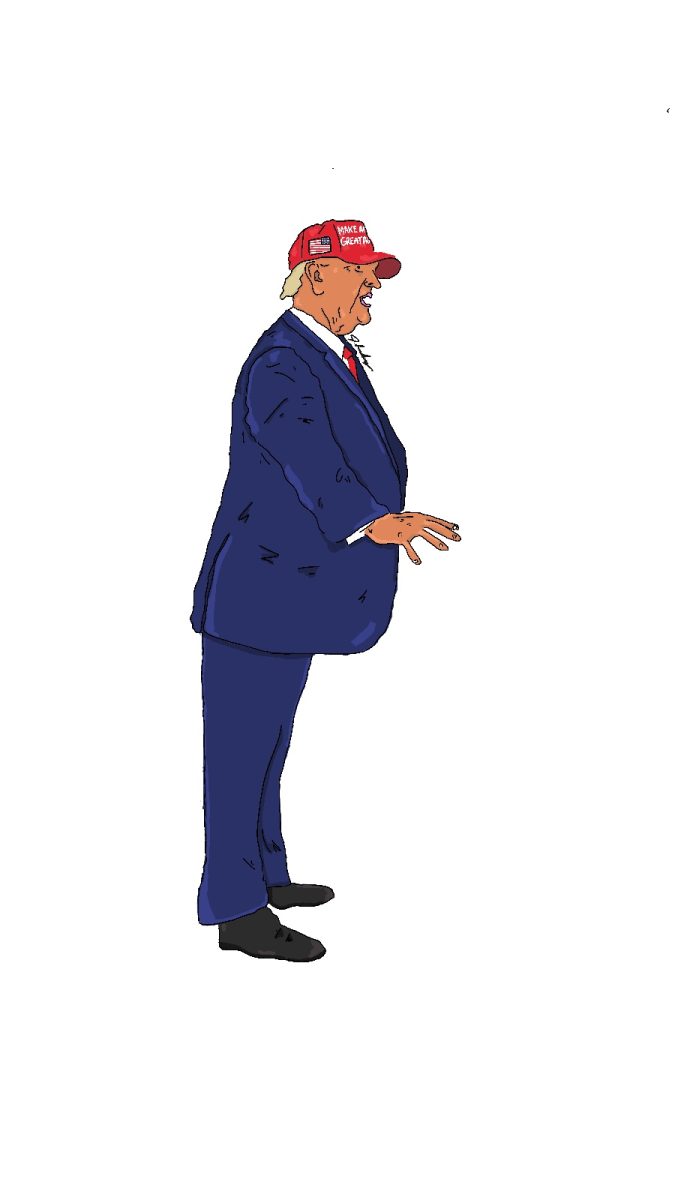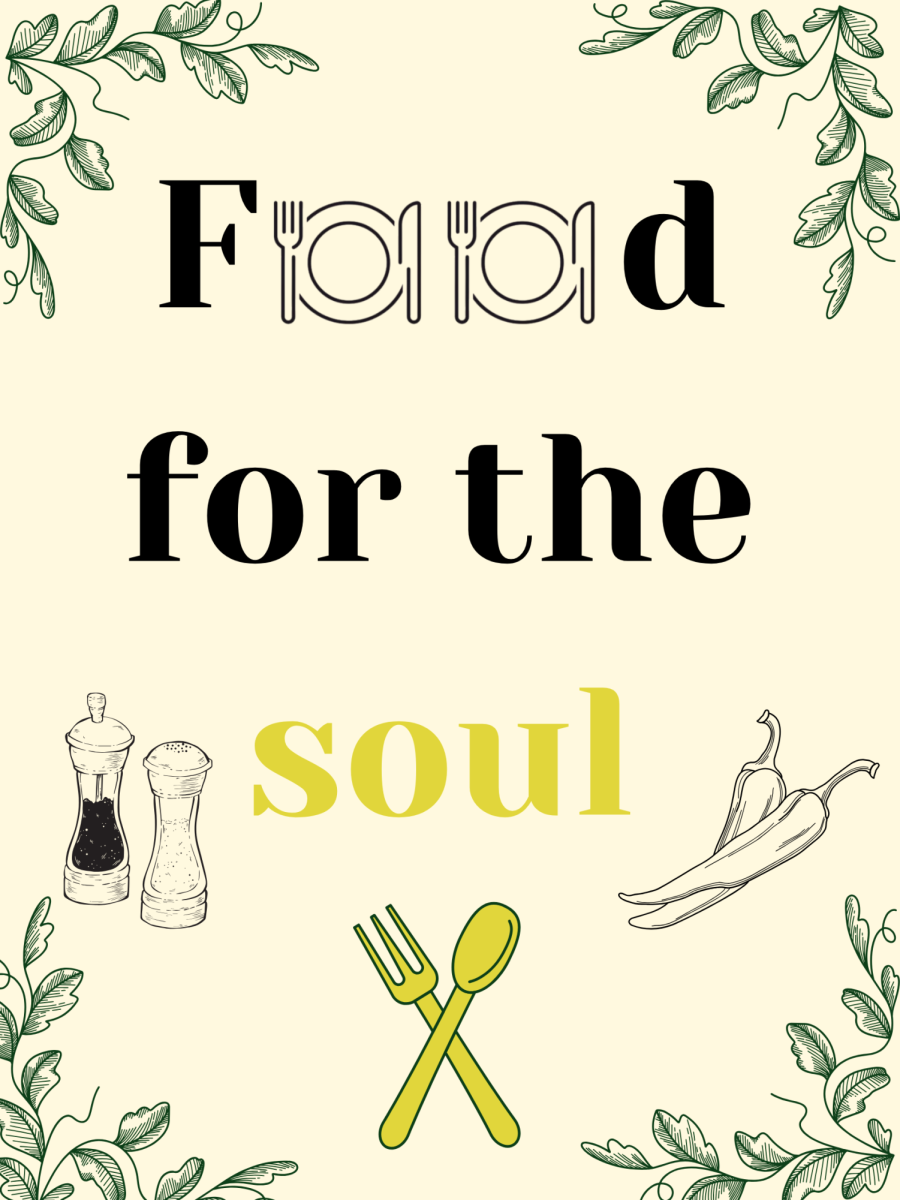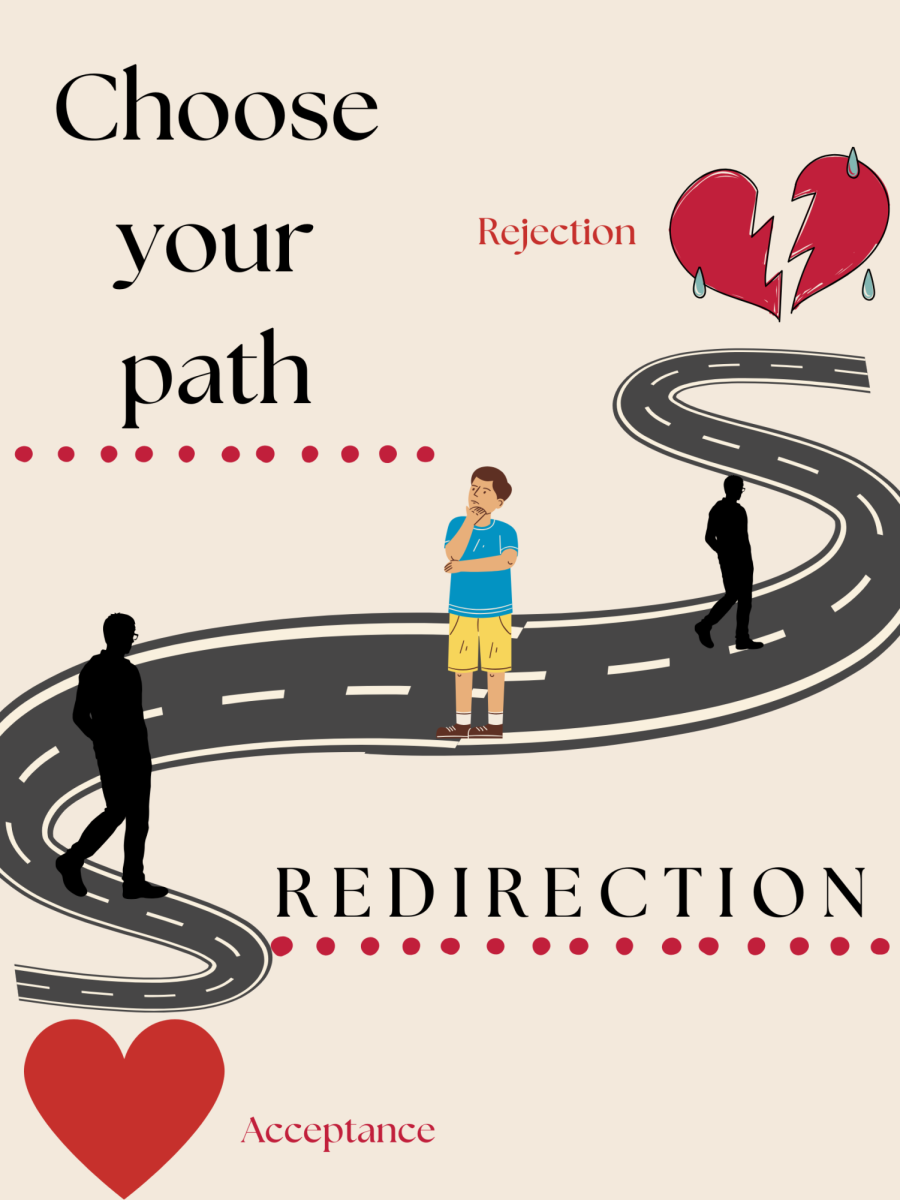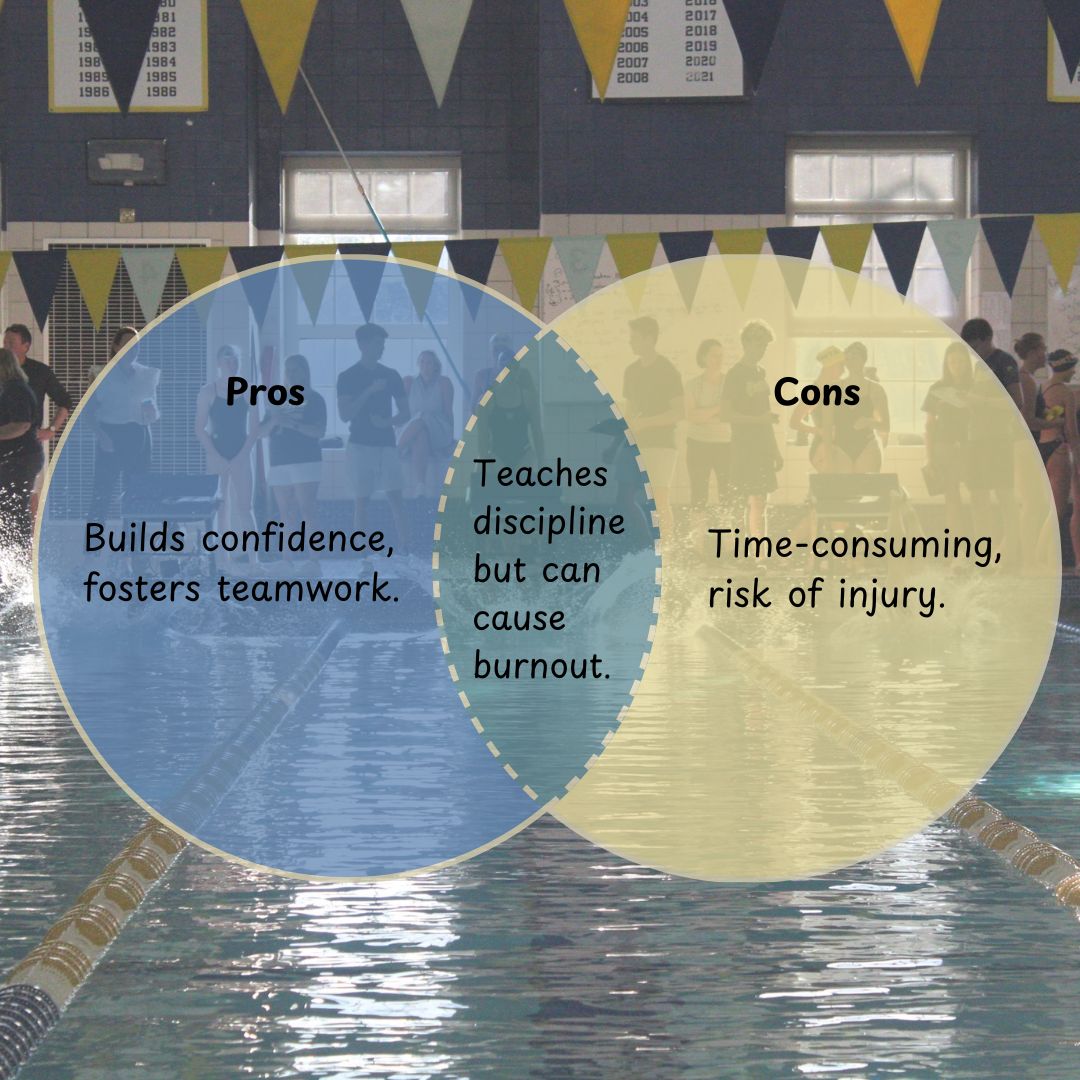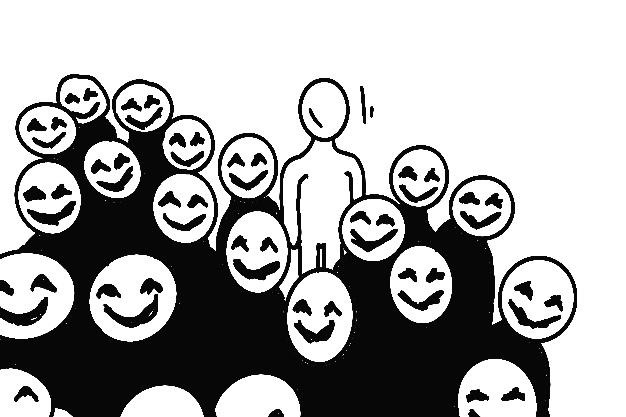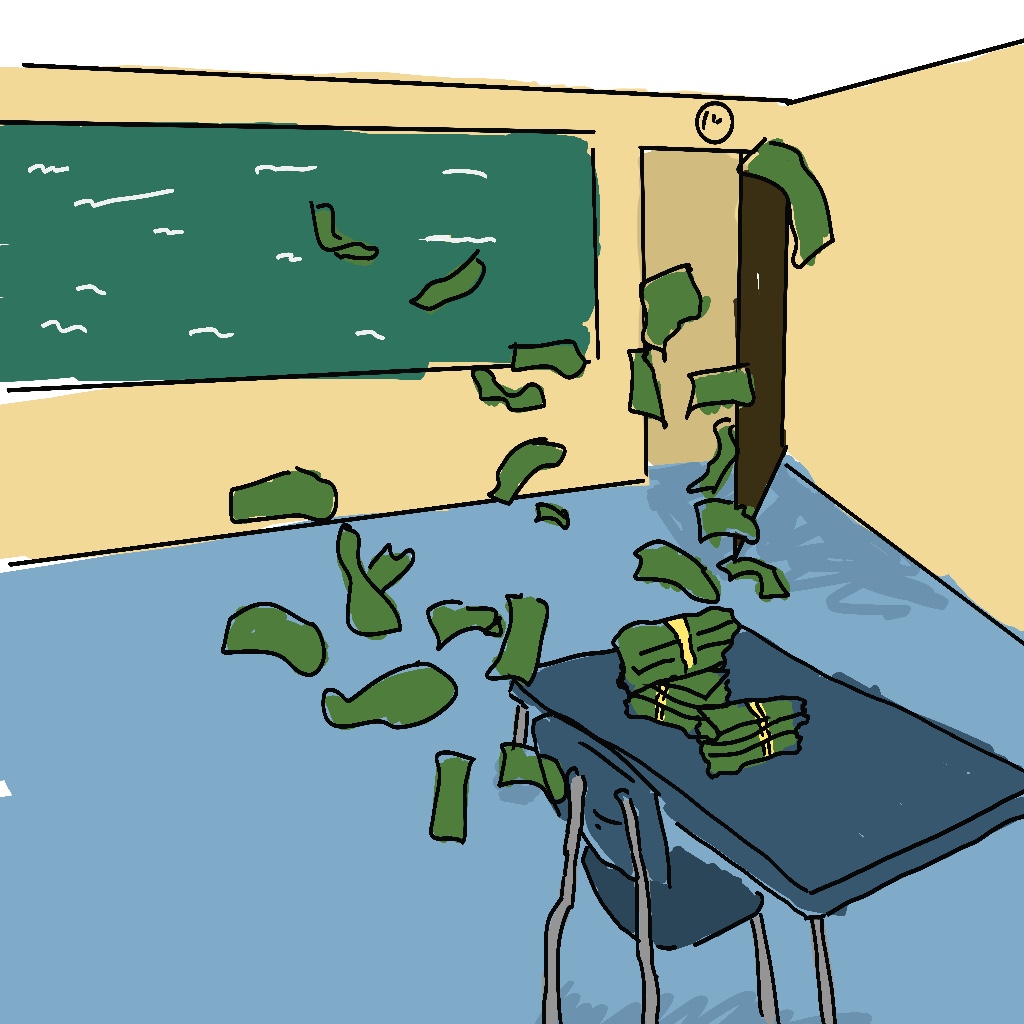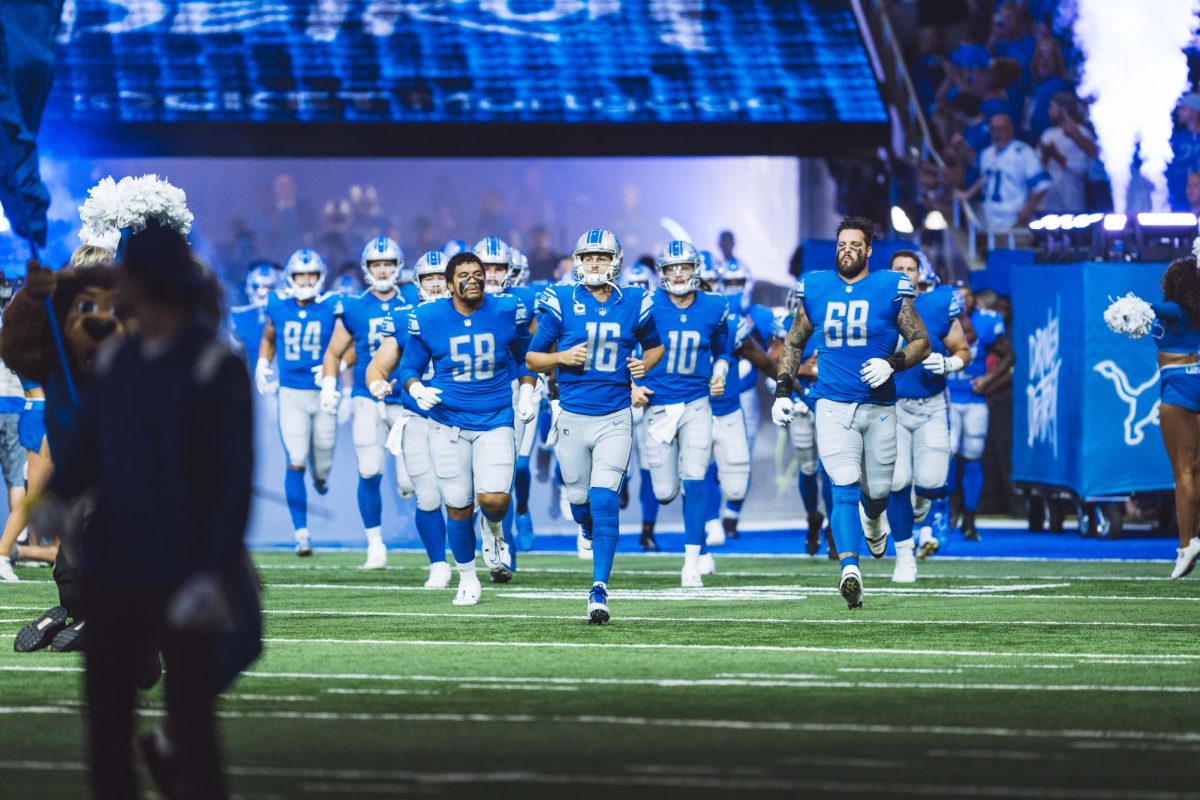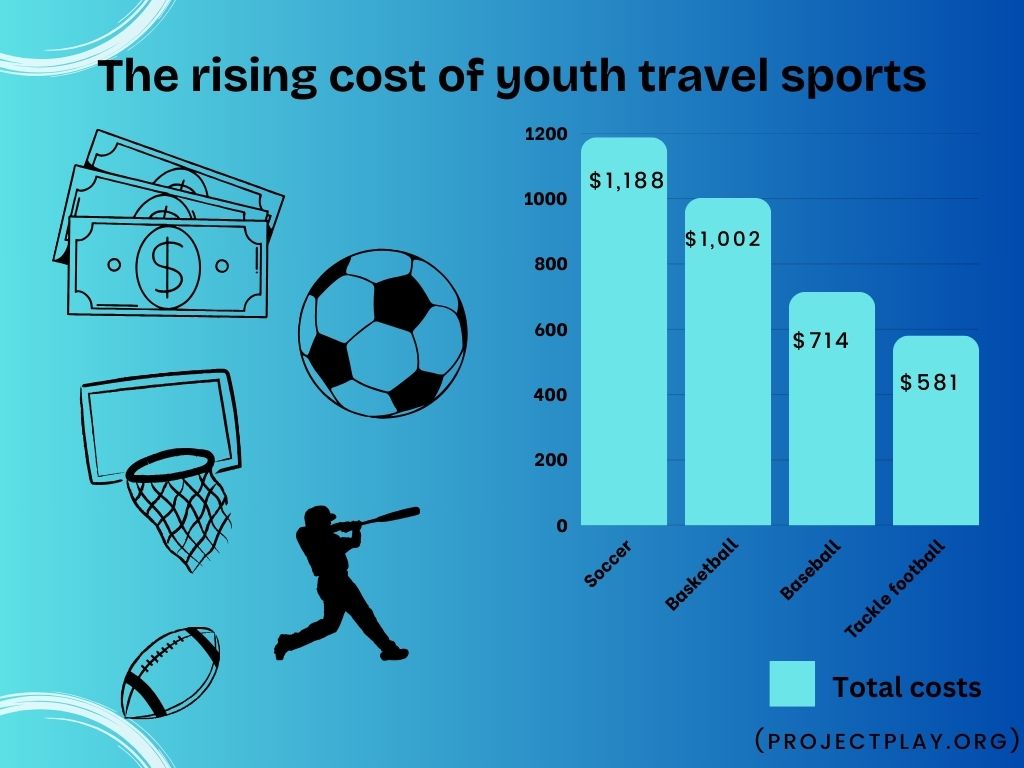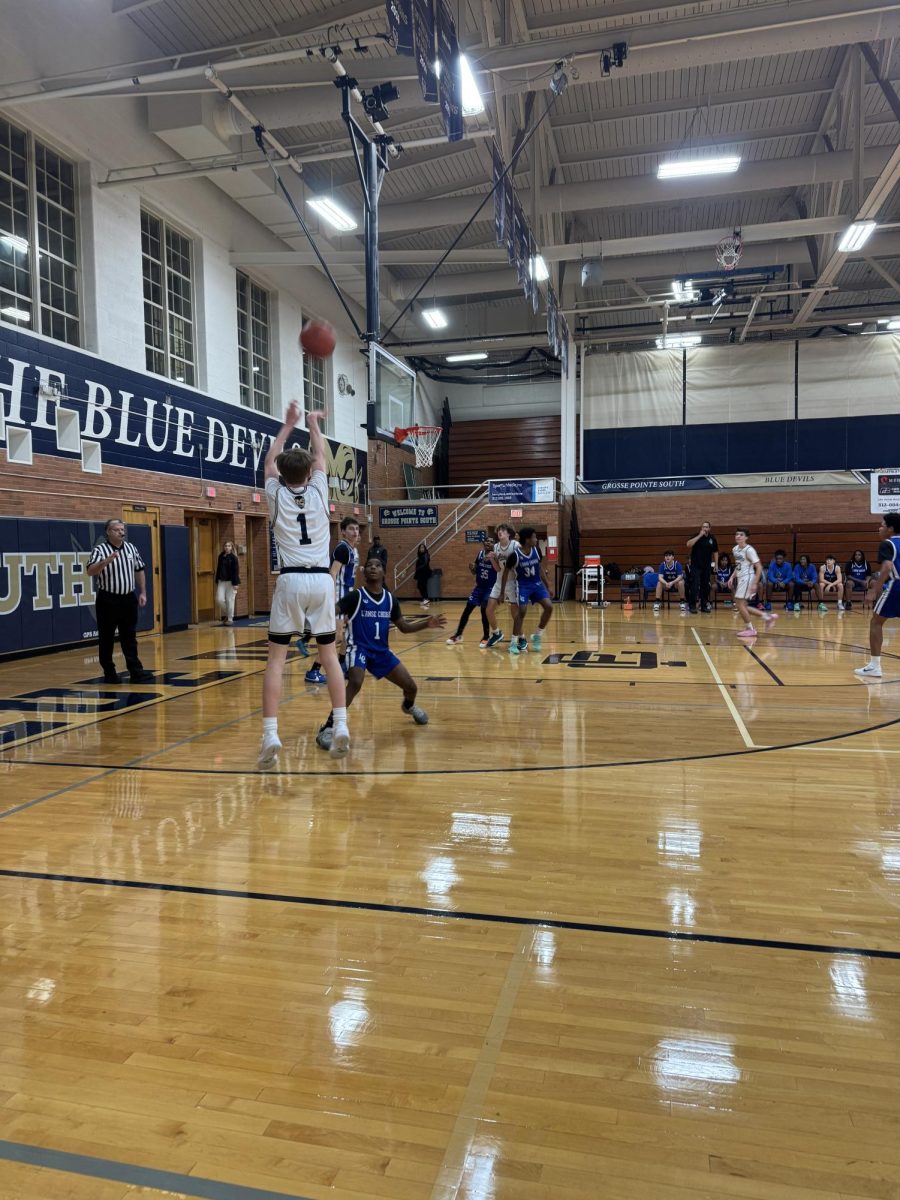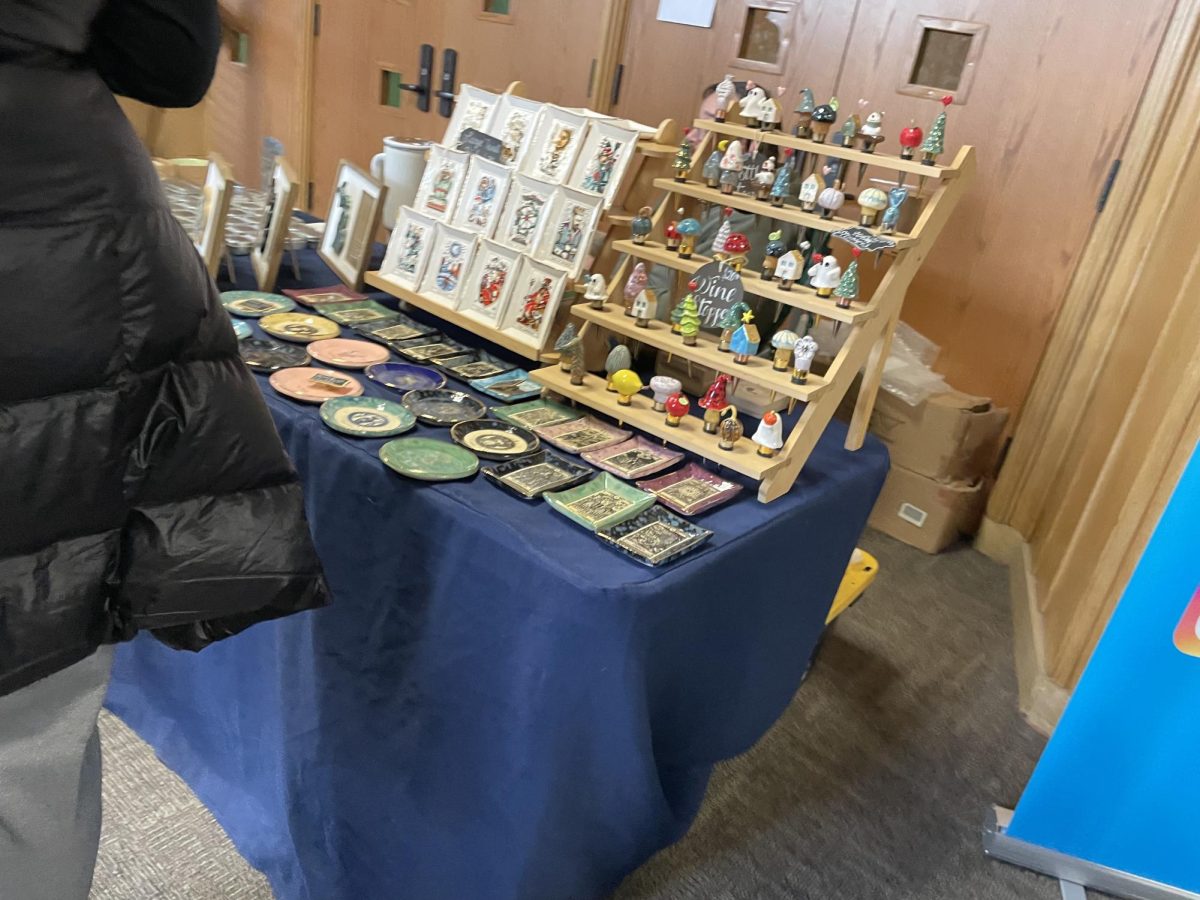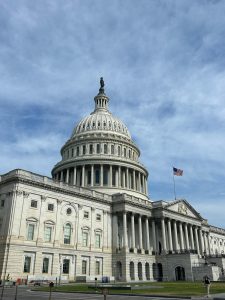Making light of the pandemic with humorous memes
Viral phenomenons infiltrate internet culture
April 16, 2020
Kerrigan Dunham ’21 ran a Remind account through sophomore year— for memes. It was called Cardigan Daily. But asking him for his favorite meme is like “asking for a favorite pokemon out of the 820, except there’s more than 3000 formats” that he sees regularly.
“(The account) dwindled off because I juggle so many activities and responsibilities constantly that I didn’t have time to devote to it daily,” Dunham said. “Nowadays, I mostly just browse memes on the internet from a combo of different sources and platforms, and I post them on those accounts, and save good ones to send to friends or others.”
In the chaotic year of 2020, with COVID-19 panic abundant, he thinks memes are exactly what high school students need; and memes have adapted themselves to that purpose.
“A lot of memes now pertain to current topics or issues, and many provide levity or comedy to lighten the situation, like with coronavirus,” Dunham said. “Many of the memes are playing up the overreaction of Americans (toilet paper shortages).”
School psychologist Lisa Khoury, who has noted the uptick in seeing memes on her social media platforms in the midst of current crises, thinks memes “run the whole emotional gambit.”
“It is a visual way to express a thought or emotion,” Khoury said. “Using memes to express thoughts about sensitive topics can be a way to share an idea when words might not be able to say the same thing. Memes may be easier for some people to use when they don’t want to spend a lot of time thinking about the words to use.”
In fact, a study published in the U.S. National Library of Medicine/National Institutes of Health in Jan. 2020 found that the perception of humour, relatability, shareability and mood improving potential of depressive memes were all greater amongst individuals with symptoms of depression.
This means the study identified that memes related to depression may be beneficial for depressed individuals “by potentially facilitating: a humorous take on a negative experience and situation; the perception of peer-support through affiliation with others experiencing similar symptoms; and adaptive emotion regulation strategies.”
“I think it is perfectly fine to use memes in a nice, healthy way,” Khoury said. But when it comes to serious symptoms of anxiety or depression, she thinks “it is best to talk with a mental health professional to get you started on the right path. You can reach out to your school counselor or me during school hours or contact a local mental health professional.”
Dunham agrees that memes are not the best coping strategy. But he does think they help to ease one’s mind and get it stimulated through the many different formats of memes you’ll come across.
“Sure, some may see them as just a distraction from reality,” Dunham said. “But sometimes we need to just stop thinking about the inevitable and have a laugh at our reality.”
Bobby Conlan ’20, who runs an Instagram meme page (@Sickbobber), figures that if he finds something funny, someone else has to as well. His meme of choice? Cursed images, which are pictures that don’t make sense, like “a Reese’s Cup filled with beans or a billboard with Error 404 on it.”
He thinks memes are universal, and even though his memes are “as far away from (his) political beliefs as possible,” when something big happens and the meme is funny, he might post it.
“I honestly think that making memes on sensitive topics is, overall, helpful,” Conlan said. “If we can’t find the humor or good in a situation or event, how are we going to get past it? Obviously there is a grace period between an event and posting or making memes, but if you can’t laugh, then what’s the point?”
Conlan thinks memes are a great way to cope with problems. If his memes can make a terrible day or week a tad bit better, then that makes him happy.
“I’m just aiming to put a smile on someone’s face,” Conlan said. “There is the classic phrase ‘laughter is the best medicine,’ so if you can laugh in a time of pain, then you can get past it.”
And it’s true. In a piece from Psychology Today, Cathy Malchiodi, PhD, said that since the late 1980s, a number of studies support the idea that laughter stimulates the immune system and counteracts the effects of stress hormones and even fake laughter, just pretending to chuckle, giggle and snort starts the process of full-blown laughter.”
But in times of crisis or heightened sensitivity to certain events or issues, meme-makers, -sharers and -viewers grapple with ‘the line’ memes may cross. In a @thetowerpulse Instagram poll of 138 people, 118 said memes about the coronavirus (COVID-19) are okay to post. From a group of 131, only 85 said memes about depression or anxiety are okay. And of 134, 106 people said that there is, or should be, a line for what people joke about online.
“There are definitely some people or memes that take it past the line of funny into cruel or awful,” Dunham said. “But you can’t get rid of those people or silence them, it’s their right to speak what they want, as is your right to choose who you surround yourself with, what media sources you follow and what is funny.”
If memes no longer existed, Dunham thinks the results would be “definitely bad.”
“Getting rid of memes is getting rid of expression and creativity, as well as the exchange of humor and thoughts between people,” Dunham said. “High school without memes would be so much more high-strung and tense, and memes are there to ease those tensions and lift spirits.”

